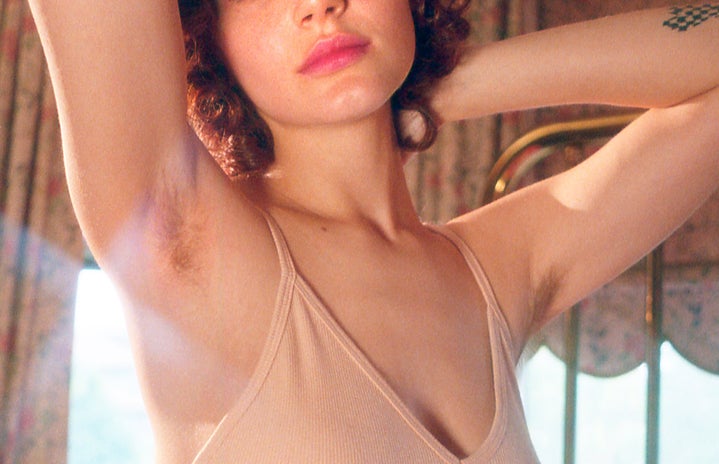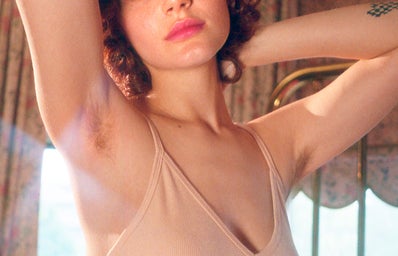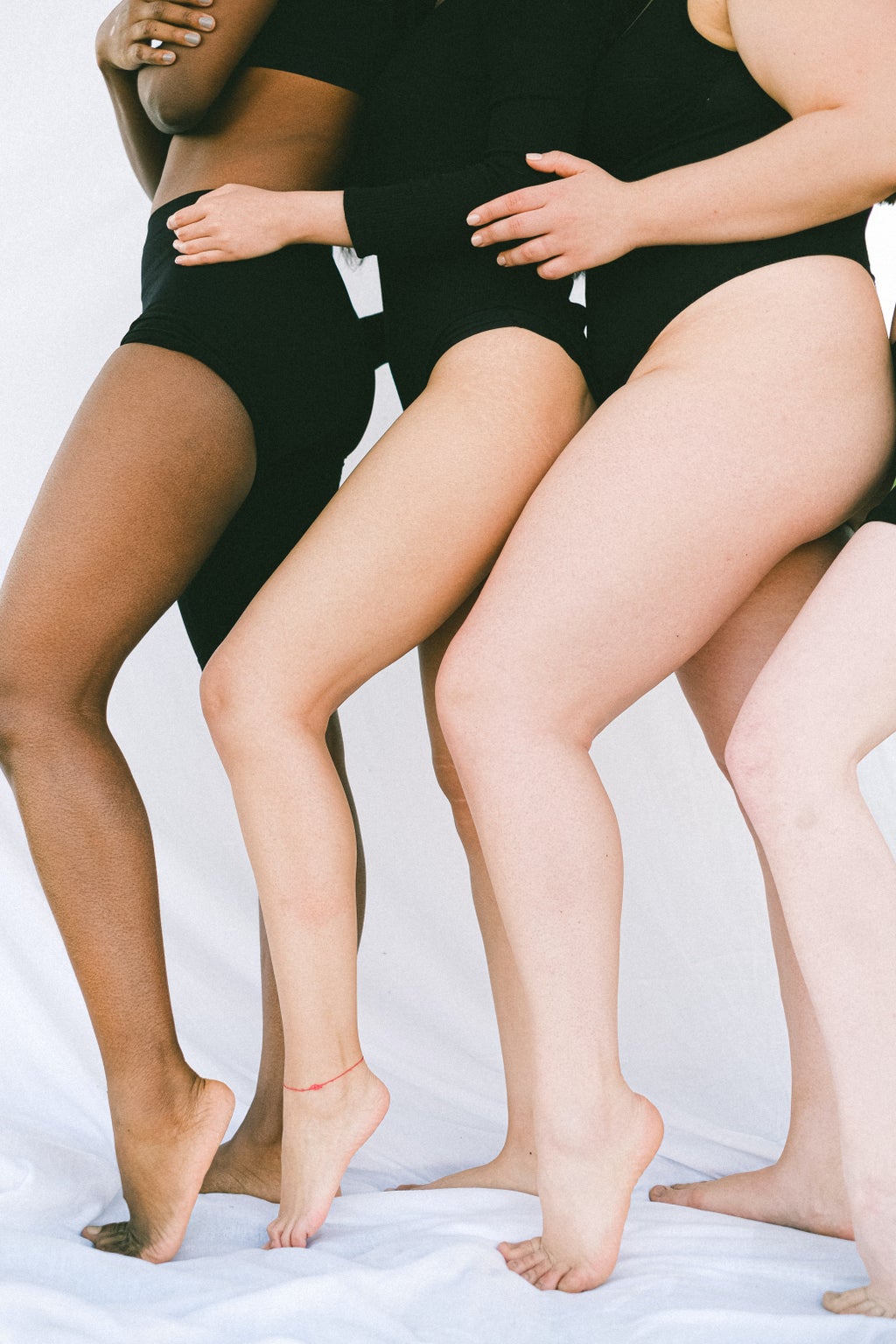As someone who was chronically online from the age of nine, the internet does an awful job of preparing children for the realities of the world.
We look out at reality and find people of different shapes and sizes, but on social media, we are limited in that the algorithm will prefer those who gain more likes and views, which coincidentally are those who fit the beauty standard.
This is where the term “body goals” comes in; a subtle, socially-acceptable way to voice that someone fits the beauty standards and you admire them for it. It floods the comment section, the word “goals” and the hourglass emoji over and over again. It’s a bit overwhelming — the point this tends to make to individuals — especially to those who are struggling with body image and self-perception. It’s easy to see what is meant to be a harmless and uplifting comment turn into a destructive message about what is and what is not beautiful.
Even if the comments aren’t serious, it is a problem that it sends the message that these bodies shown on social media are attainable and something to strive for. It fails to account that body types and bone structure is in fact, a thing to consider. Lifestyle and genetics can also be considered as well. As someone who is 5’1 and has natural curves, I will never look like a 5’10 supermodel, and that’s okay.
In addition, seeing these bodies as “goals” is a dangerous path to go down—fad dieting, disordered eating, overexercising and even eating disorders created for the sake of looking like a certain person or ideal that was never realistic in the first place.
Bodies aren’t meant to be admired, at least in my opinion. Bodies are made to function and keep you alive, not to be ridiculed or picked apart for the perfect form. I’m a big advocate for people to realize that our body works hard to maintain itself every minute of the day, even if we don’t like it or don’t treat it right. It will still fight for you regardless. People tend to not realize how much they take being healthy for granted until it is gone.
I’ve also found that social media leaves you yearning for something more every time you use it. Even if it’s not about wanting more content, there’s always someone on the screen telling you that you could look better, prettier and more improved. Some are just more subtle about it than others. Not only does this capitalize off one’s insecurities, but it also creates more self-doubt, especially in young individuals who are just trying to find their identity.
We are taught from a young age to strive for an ideal, an unattainable standard that derives from photoshopped, manipulated images. Social media, magazines, television and even the dolls you played with as a kid will push this ideal down your throat until it becomes an unconscious part of your life.
It is not until we recognize this pattern and strive to unlearn its toxic mindset that we can really begin to heal our relationship with our bodies.



